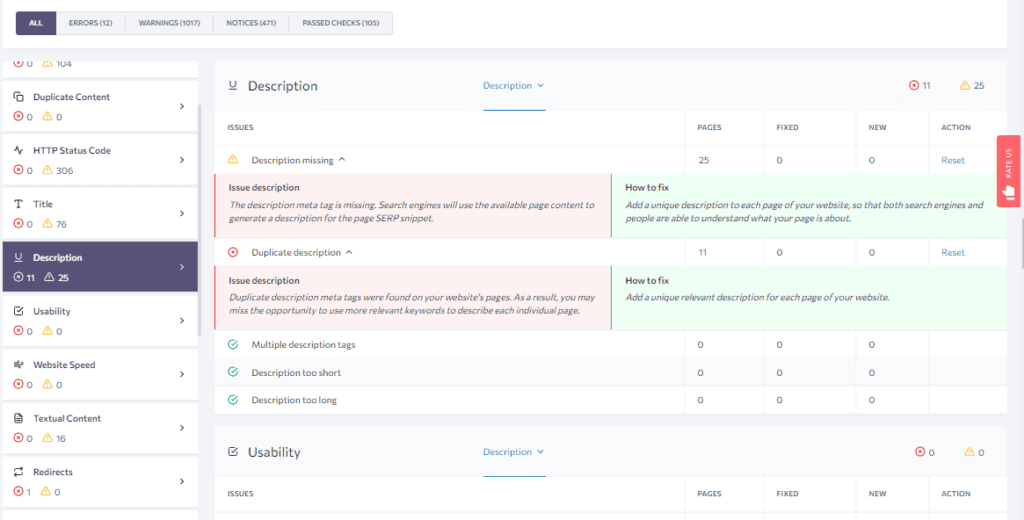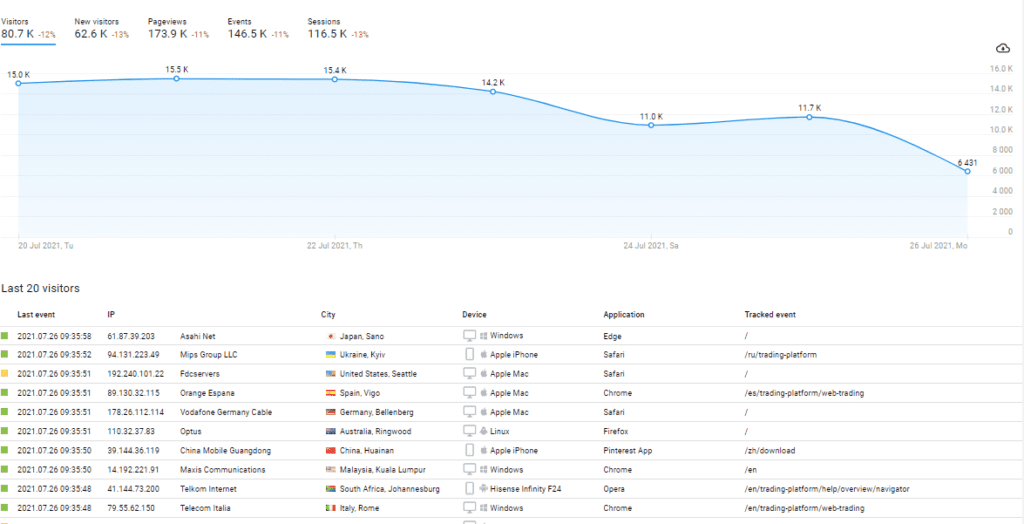If you want to improve your content marketing efforts, you need to be consistent in your content production. Whether you are a small business owner dashing out weekly posts or a big brand with an entire content marketing department producing daily content, it would get to a point where your content publishing frequency increases and becomes too difficult to manage.
Based on the Content Marketing Institute survey, 64% of content marketers want to understand how to build a scalable content strategy. By the way, if you want to portray your brand as an expert, build credibility or get more sales, you need more content to get these desires accomplished. In this way scaling up your content production efforts would be what you need to do.
Scaling content production enables you to reach more readers, customers, and leads at a very minimal cost. It also allows you to deliver quality content that adds value to your audience while helping them to make proper purchase decisions.
If you can do this right, it will help you maintain customer relationships that already exist and create new relationships. Here are 7 easy steps to help you scale your content production efforts without sacrificing quality.
#1. Conduct Regular Audits
With your content strategy in place, you need to audit your performance. It is essential to keep tabs on whether the content you’re producing is working or not. Thus, while auditing, you need to apply trackable strategies.
Track the metrics properly based on your goals. Some of the metrics you can track include:
- Your highest traffic source
- Pageviews and documents accumulated
- Number of social media shares
- The total conversion and sales rate
During the content audit process, you can always try to discover all the things that your audience and customers find beneficial about your skills, knowledge, and products. Then create interesting content based on that.

#2. Create a Content Calendar to Organize your Workflow
Most small businesses and brands often overlook having a content calendar. According to CMI, only 32% of companies have a written process for content marketing execution.
Developing a calendar for content marketing will allow you to document content strategies and methods without being disorganized. The calendar will enable you to keep a strategic vision for your internet marketing actions.
It lets you decide what goes out and when it does. This means you can always choose to create a monthly, quarterly, or bi-annual content plan.
A calendar is also a great way to ensure deliveries and compliance with publication deadlines, especially when managing projects with many professionals. With this, your content creation will be done on time and remain on schedule.
#3. Know Your Audience
You could understand all the rules for creating the best content, use all the best designs and layout techniques available and still fail to reach your audience. This is possible because you would fall flat on your face calendar if you target the wrong audience or don’t know your audience and how to communicate with them in their world or language.
According to Attorney Brian White & Associates, every content you create is for someone. It’s essential to send the right content to the right individuals using the right channels at the right time.
Audiences also respond in various ways to different topics, tones of voice, and types of information. However, to know what works for your particular audience, you need to learn as much as you can about them, plan the content you will deliver to them, and most importantly, get it across to them in the proper way.

#4. Repurpose Your Best Performing Content
You’re working too hard, and you’re not getting the results you want no matter how hard you try. I’m sure this won’t make you feel good. I’ve worked with enough business owners to assume that it’s probably true for you.
Do you want a secret to put an end to your everyday hard work without results and make you crush it with content production?…… I bet you do.
The little secret is knowing to realize that your content is an asset. And to get the most value out of them, repurposing them is a great way to get complete exposure with minimal effort often for weeks or months to come.
You might be wondering if you can repurpose old blog posts, or if you create infographics out of statistics that you’ve collected, or if you can create a slide share off an old report. The truth is, you can repurpose any content you have already made into a different format.
Repurposing content allows you to leverage your time more effectively by getting multiple uses out of something you do once. It enables you to reach a greater audience with your message.
To get the most bang for your buck while repurposing, invite feedback, include a survey, or ask for comments and opinions from customers. By including these learning styles, you’ll be sure to reach the most people possible while adding variety to the content that creates your online presence.
#5. Build a Great Team
If you want to scale up your content production and gain more leverage, you will have to build a great team by hiring or outsourcing various tasks to different people.
About 60% of brands outsource to scale content efforts according to a survey carried out by Semrush. Anything you can do to outsource will be a lot easier for you because you’re leveraging other people’s time to make things happen.
Lots of writers are available to help you with your content creation process. But before you outsource to anyone, you need to get those who have the proper skill and knowledge, niche experience, and a decent portfolio.

To make things easier, you can also put out a “write for us” page to invite guest bloggers and qualified writers to create content you can share with your audience, rather than hiring amateur writers from freelancing platforms.
#6. Have a Promotion Strategy
Creating great, valuable, and effective content is critical to the progress of your brand.
But what’s the essence of having amazing content with no one to read it? That would be a complete waste of time and resources in creating a beautiful piece. So you must have a content promotion strategy in place.
Some of the best ways you can promote your content is through:
- Social media channels
- Sharing to your email list subscribers
- Posting to various online communities
- Leverage on internal backlinking
- Use paid ads
While trying to scale content creation, most marketers neglect content promotion, which serves as a channel to optimize the returns from content creation.
Promoting your content efficiently is important. This will make a lot of individuals focus on what you are doing, spread the word to other people on what you offer, buy into your approach, and also become loyal customers to your brand.
#7. Invest in Quality Content Tools
Having various content writers delivering content to you regularly; you need tools to help you polish every piece, avoid self-repetition, and distribute them to the appropriate channels.
Here are some of them that make the entire content process easier:
- Grammarly – for checking your content for common grammatical mistakes
- Crello – for creating and adding stunning visuals to your content
- Finteza – for analyzing and optimizing your content for more conversions.
These tools are reliable assistants that bring much relief when coming up with new topics, optimizing for search engines, designing infographics, and other content needs. This will enable you to spend more time managing different parts of content production.
Wrapping up
Content is vital to the success of any brand. When you scale your content production efforts successfully, it will make your life easier. Start incorporating these steps into your content strategy, and you will get positive results in your content production efforts.


